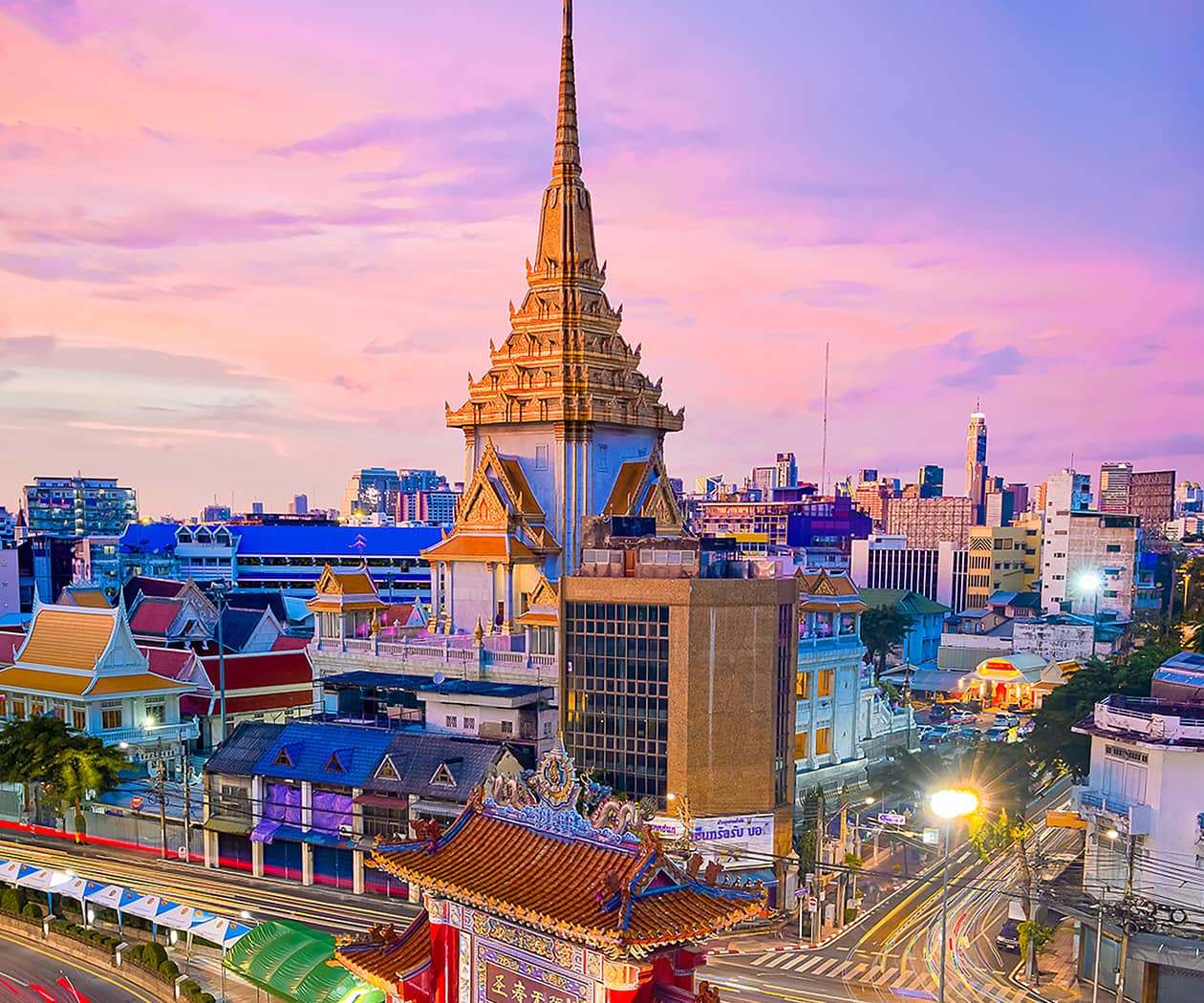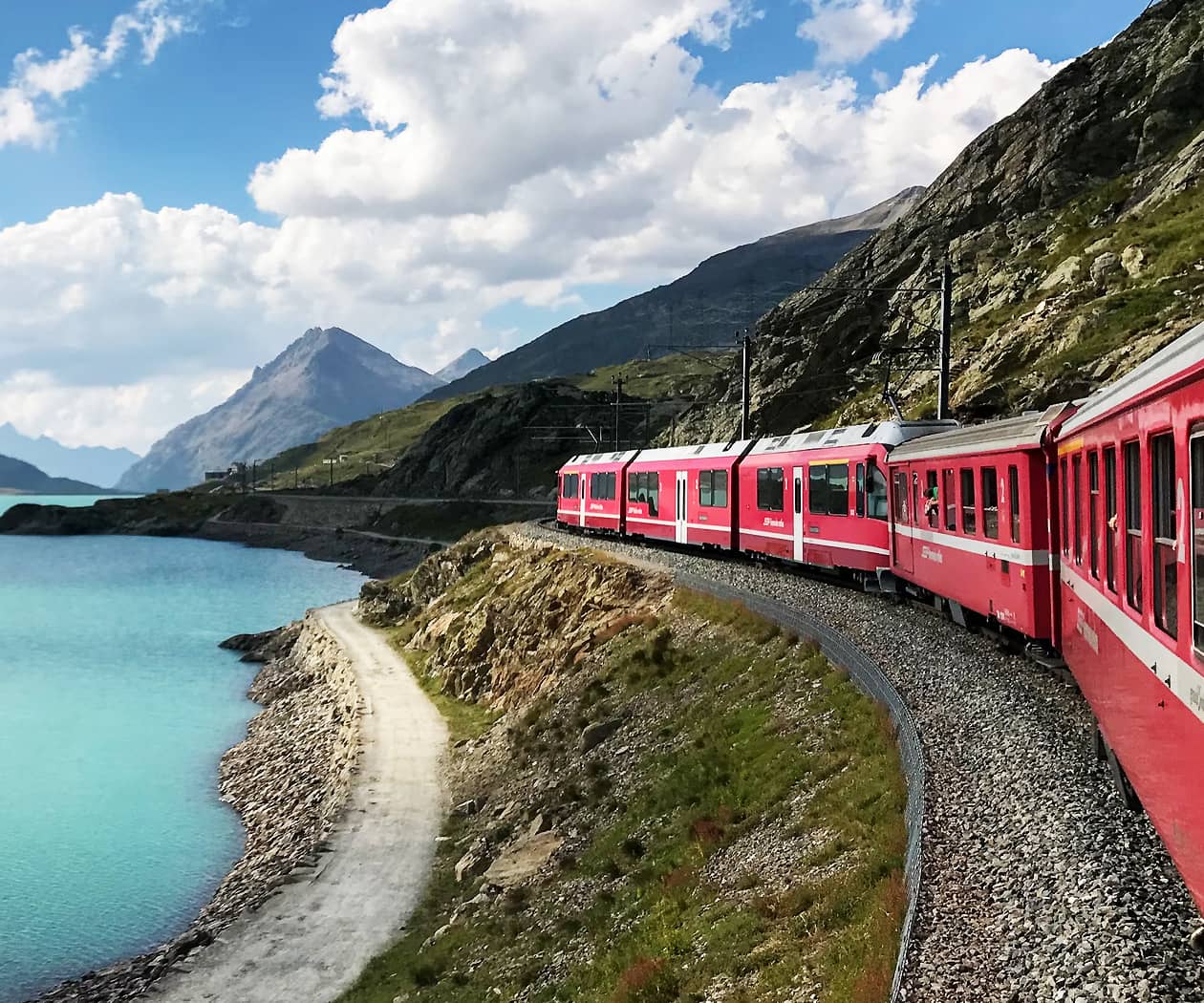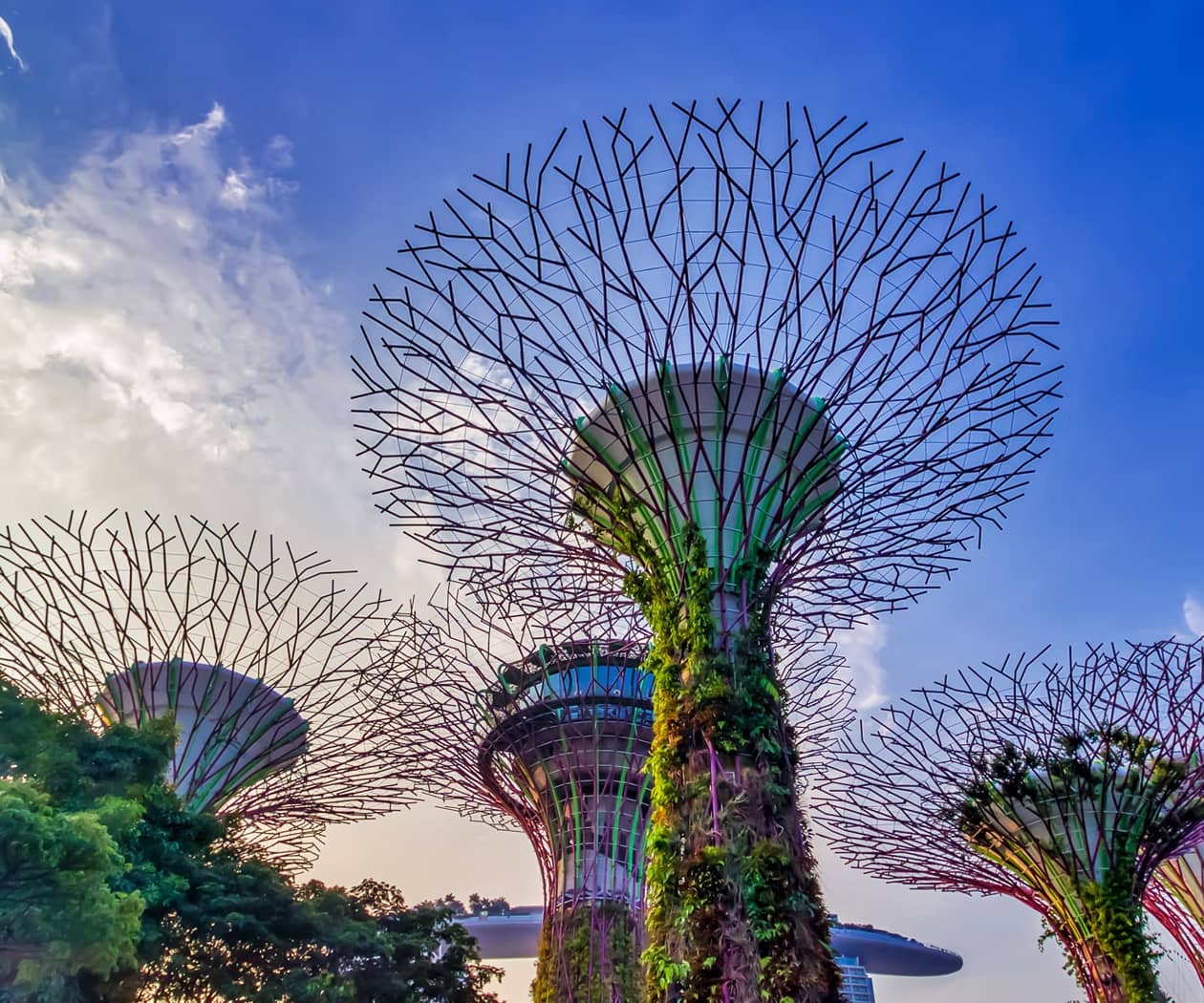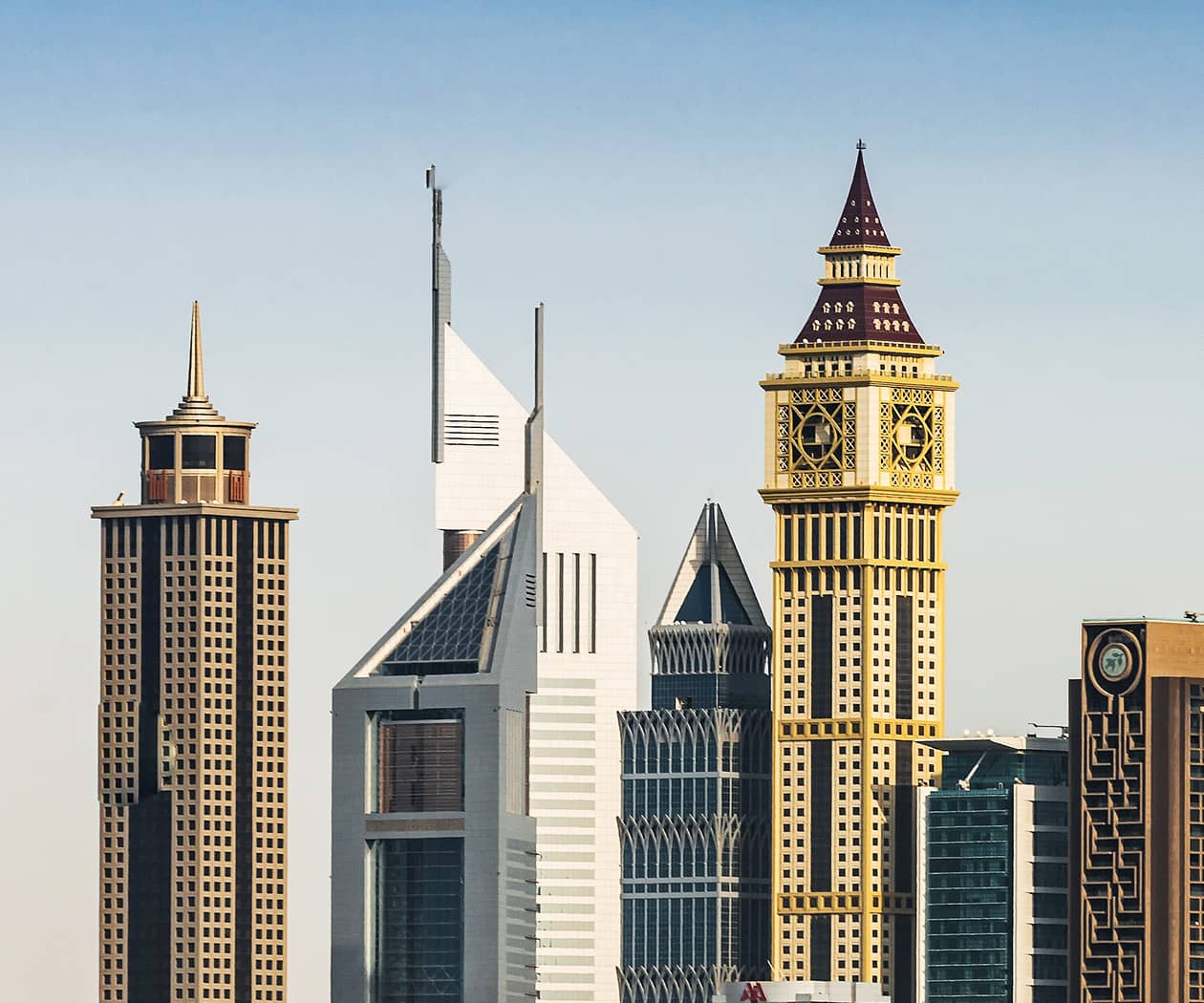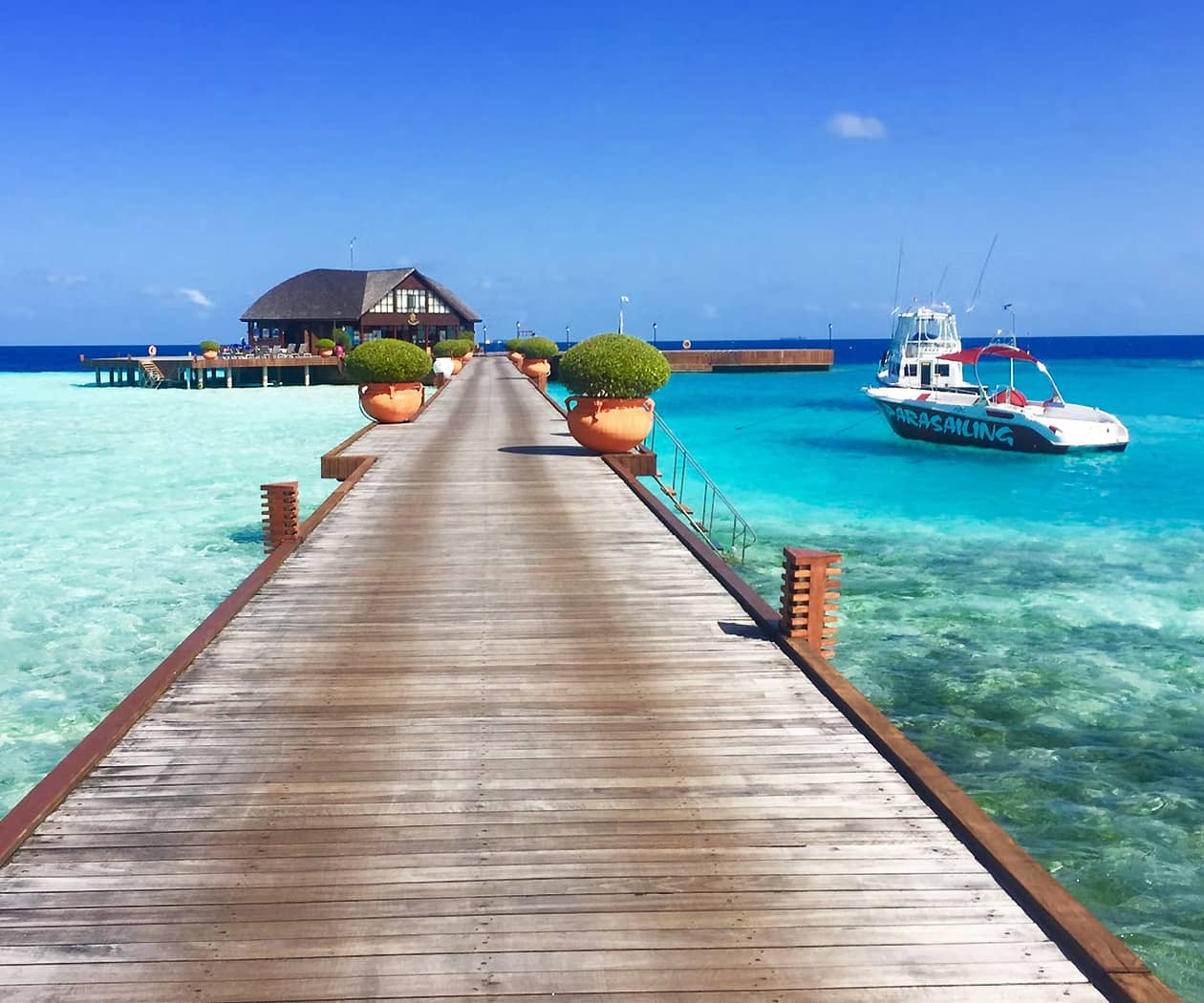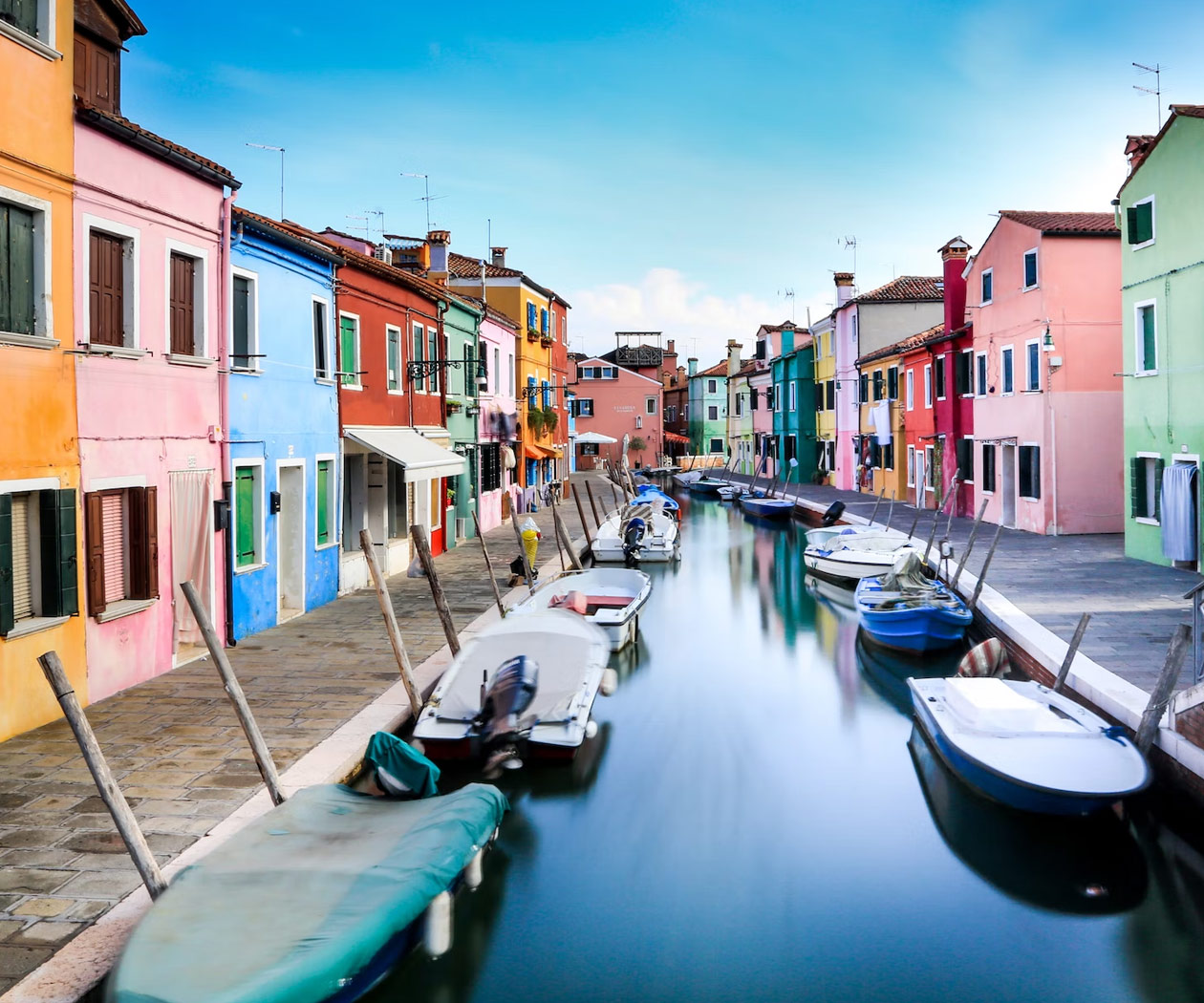Tbilisi
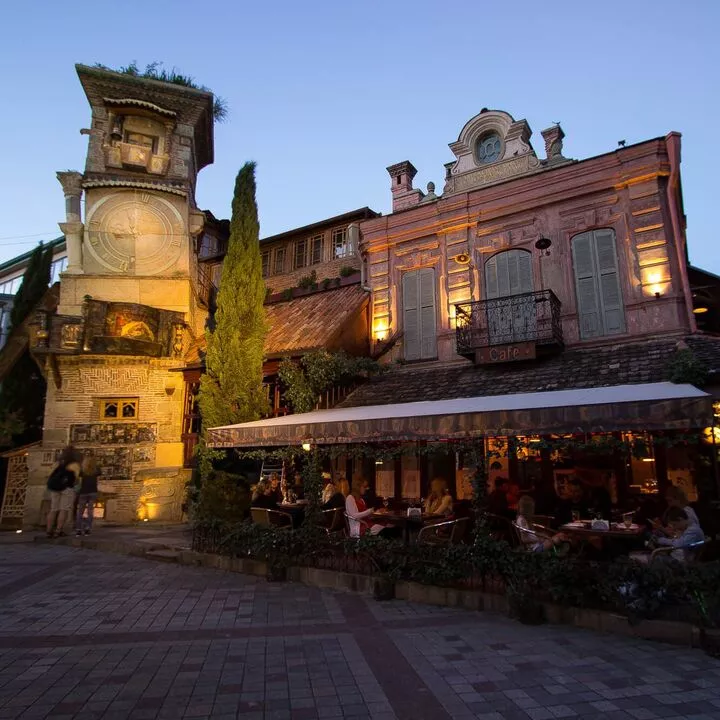
Tbilisi is the capital of Georgia and the biggest city in the country too. The city rarely sleeps and is always buzzing. Tbilisi is the kind of city that draws you in, reveals itself slowly, then gets right under your skin. Dripping with tradition yet effortlessly cool, Tbilisi is suave and chaotic, charming and eccentric all at once.
For most travelers, Tbilisi becomes the main gateway to Georgia.
Tbilisi attracts tourists with its historical places in Old City, Rustaveli and Agmashenebeli avenues, Sololaki, and other historical districts of this very old city with a dramatic history. Many locals and tourists enjoy the ambient cafes and nightlife of the city. Tbilisi buzzing bazaars are one more thing you should never miss. What are you looking for? You will find it at the “Dry Bridge” market – fly market and modern painters exhibition under the open sky. Other bazaars are different, traditional, nontourist food bazaars spread around the city.
The old city was renovated at the beginning of 2010 and gave birth to a second life. We must mention the city’s eclectic architecture, too, where old is mixed with very modern, which gives Tbilisi a special charm.
Legend about Tbilisi
Our capital is a very old city. According to the common legend it was founded by the king of Georgia Vakhtang Gorgasali in the late V century. King was keen on falcon hunting. One day he and his men were hunting near river Mtkvari. King’s favorite falcon captured a pheasant and injured it. The pheasant managed to fly from falcon, but fell in a hot sulfur spring and got boiled. Falcon, who was cheesing its victim also fell in hot water and didn’t survive. So kings men found hot sulfur springs near the river. King ordered to build of a new city and called it Tbilisi – as Tbili means warm in Georgian. Tbilisi, by king Vakhtangs order, became the capital of Georgia and so it is now.
Tbilisi or Tiflis?
Tourists from some countries are often confused with the name Tbilisi and often ask – how it is correct Tbilisi or Tiflis? Let’s go through this interesting topic.
As I mentioned above Tbilisi stands for warm in the modern Georgian language, in old Georgian pronunciation was TFili. The combination of two consonants TF is very difficult to pronounce for Turkish linguals, so in Turkish Tbilisi was named Tiflis, and in many other languages, including Russian in the XIX century this name was adopted. Before 1936 official name of Tbilisi also was Tiflisi, but in 1936 name changed according to Georgian pronunciation and became Tbilisi.
Useful tips about the city
- Don’t come with the intention to explore the city in July-August. These are the hottest months and walking in the city is very unpleasant, unless you come from a very hot country. In August city becomes empty. All theatres are closed, many bars and clubs also close their doors and locals try their best to leave the city. Read more in When to travel in Georgia.
- Avoid taxi in the airport. Scams are very often. So either use a taxi application or order a transfer to the hotel.
- Avoid nightclubs with doubtful reputations, scams are often there too.
- Buy a local SIM card. You can do it at the airport itself. There are 3 mobile operators in Georgia. They offer more or less the same tariffs, so get where will be fewer queues.
- Take good walking shoes. Tbilisi is a hilly city, makes your walking comfortably.
- The central part of Tbilisi doesn’t wake up early. So it is advisable to get breakfast at your accommodation, as many cafes don’t open until 10 o’clock.
- Be aware of the “church dress code”. If you are interested in religion, medieval architecture or just planning to visit churches, note that rules are strict, dress modestly, and have a scarf.
- Trinity cathedral
- Metekhi church
- Anchiskhati church
- Sioni church
- Mama Daviti church
- Catholic churches
- Sinagogue
- Armenian churches
- Mosque
- National treasury
- Georgian National Museum
- Doll museum in Tbilisi
- Money museum
- Ethnographic open air museum
- Museum of national musical instruments
- Tbilisi botanical garden
- Rike park
- Mtatsminda park
- Mziuri park
- Vake park
- Historical district Bethlemi
- Bath district
- Narikala fortress
- Shardeni street
- Caravan Sarai in Tbilisi
- Baratashvili avenue
- Rustaveli avenue
- Freedom square
- Marjanishvili street and David the builder’s avenue
- Rustaveli theater
- Marjanishvili theater
- Tbilisi concert hall
- “Nabadi” folklore theater
- Tbilisi Opera
- Rezo Gabriadze Marionette theatre
- Fabrika
Transport
There are 3 railway stations: Central station, Didube station and Navtlukhi station. From the central station leaves all local trains, most important of which is Tbilisi – Batumi train and international trains – to Yerevan and Baku. Check out Georgian Railways website – www.railway.ge.
Most popular public transport is buses and minibuses. Bus ticket costs 1 GEL.
Tbilisi subway has 2 lines. To use subway person needs to buy special card – metromoney, which also can be used in buses and minibuses. One ticket costs 1 GEL Metromoney card costs 2 lari
Your Content Goes Here
Tours in Tbilisi
Nothing Found
Blogposts about Tbilisi
Nothing Found



